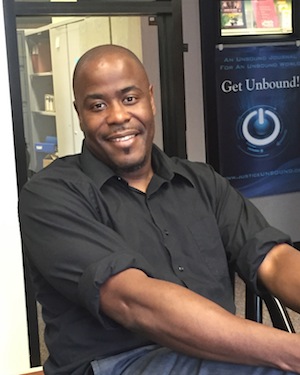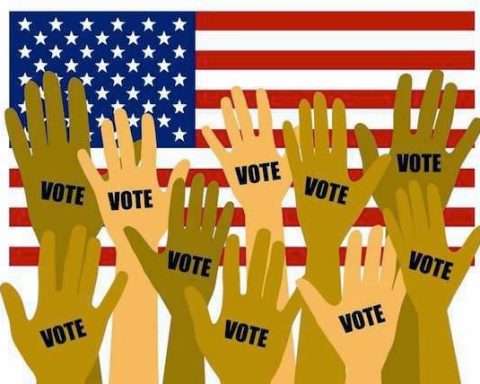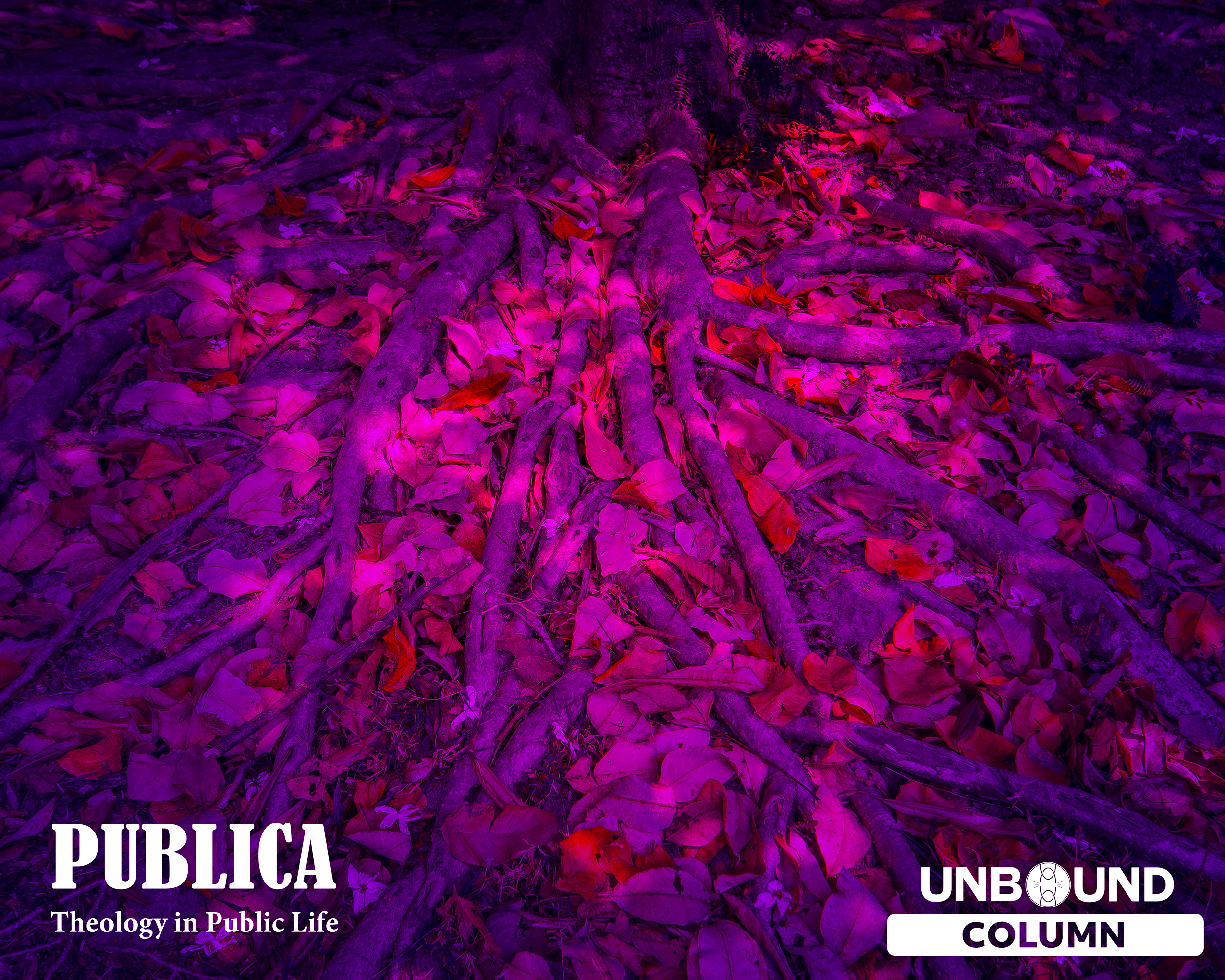After a months-long intentional process of planning, recruiting, and gathering congregants to listen to one another about their core values and most pressing community issues, the church invited our local council member to hear what we discovered about our congregation and community. We had come a long way. As a member institution of the local Gamaliel affiliate, the congregation I attended had recently finished a listening campaign and was preparing to present its findings to the council member. The Gamaliel Foundation is one of four national broad-based community organizing (BBCO) networks.[1] So, when the pastor at our largely white Protestant church invited the congregation to the meeting, I was surprised to hear him say rather definitively, “Now, this is not a political meeting.” I could not believe my ears. “Why did you put it that way?” I later asked him. We were clear on what issues we wanted to present and more importantly, we were clear on why those values were so central to our faith. We had built relational power and we wanted to act. We wanted the council member to know we were paying attention. The pastor said in response that some in the congregation were worried that the council member might get the impression we were telling people to vote for a specific party. “That’s partisanship,” I said, “not politics.” More than that, politics is about the goods we hold in common and our life together — Christian faith is deeply concerned about that.
Stories like this are far too common in our religious and political lives. Christians and people of faith are often without clear responses for why it is important for them to bring their fundamental faith commitments to democratic politics. The story in the news today is that such commitments only prevent or frustrate democratic politics, rather than make it possible. The United States is so deeply mired in cultural wars, so we’re told, that holding something as sacred—human dignity, human life, the right to vote, a land, or natural resource, for example—only serves to further entrench us in our enclaves. A democratic politics of the common life and common good is atrophying. To many, religion and religious commitments are responsible for putting the brake on our democratic life and gassing up our culture wars. When religion and politics mix, things get heated, democracy stalls, and the economically and politically powerful triumph at its disfunction. Religious commitments are too absolute and comprehensive to allow for compromise or negotiation—strategies necessary for a healthy democratic culture. It’s better to just exclude religion and religious attitudes or commitments from political life, so this logic runs.
Yet, when you ask religious people why they are involved in politics the answers you get have to do with deeply held values and relationships of love and concern. One of the key contributions of my recent book, Listening to the Spirit, is to offer an account of the political role of sacred value in broad-based organizing. When I say sacred value, I mean something separate from (because differently understood than) the “sacred.” Sacred values are evaluative attitudes people take up towards goods and people; the sacred is another way of talking about the divine. Values and relationships drive much of our political life. Many of these religious and political attitudes can be captured by what I call in the book, sacred value. An evangelical opposes abortion because it violates the sacred value of life. An indigenous activist holds a landmark or natural resource as sacred and therefore supports its legal protection because its current recreational use threatens to destroy it. The abolitionist argues that prisons attack the sacred dignity of the incarcerated. Excluding religious commitments from politics is tricky precisely because claims of sacred value can equally capture religious and secular commitments and attitudes and are held by secular and religious political participants. Both secular and religious political participants make claims of sacred value. The term sacred value is another way of talking about what people hold most dear. By focusing on the political role of sacred values we can pull back the curtain and expose the richly entangled reality of our political life, revealing aspects of our religious and political lives that have often been ignored or pushed aside.
The practice of organizing can be transformed when organizers and scholars studying organizing center rather than marginalize sacred value in democratic politics. I’m interested in a specific form of political practice, however—the broad-based community organizing (BBCO) tradition of politics most often associated with Saul Alinsky. The challenges we face today from racial capitalism require every political, economic, and theological resource we can summon — BBCO is one of those resources. The book makes a social ethical and political theological case for how Christians can graft their democratic organizing into a long tradition of radical social gospelers whose politics of sacred value led them to the heart of radical and progressive political and economic movements. The influence of the theological and political tradition of the radical social gospel has largely been forgotten in recent accounts of BBCO. Radical social gospelers introduced and made popular powerful arguments for economic and political positions crucial to organizing today: God’s cooperative commonwealth, the solidarity of all working people, and biblical critique of capitalism’s colonial and racial formation, were all high notes in speeches and sermons of the radical social gospelers.
Broad-based community organizing is a practice grounded in relationships and values. Some of these values are held sacred by their practitioners. People organize to fight for and protect what they hold sacred and because of the role of sacred values in BBCO, some practices can be seen as religious practices, namely the listening campaign and the relational meeting. The relational meeting and the listening campaign are the “bread and butter” of BBCO. A relational meeting is a public, value-directed conversation between two people on what they care most about in their community and what they are willing to do to fight for and protect those values, goods, and people. A listening campaign is a series of relational meetings carried out within a single institution or organization with the aim of identifying the institution’s core values and issues. The largest national networks of broad-based organizing are made up of networks of local affiliates, counterpublics, that respectively are collectives of a broad range of local institutions and organizations. BBCO affiliates are best conceptualized as counterpublics, and so BBCO affiliates have a particular power relationship to their broader political and economic landscape. They are dialogical arenas, where discourses are invented and power is built to address goals of the members of these counterpublics. Broad-based organizing begins by local leaders mobilizing other leaders and their institutions. The practice begins with listening to others, by setting up individual relational meetings with potential leaders and by institutions and organizations intentionally committing to listen to their own members. The practice of organizing begins by listening to the Spirit.
When a Christian church engages in the listening campaign they are discerning the movement of the Spirit in their midst and what the Spirit is calling them to do in their public life. These organizing practices are religious practices that can enliven churches. In my experience, churches who see organizing as an expression of their faith, specifically in the relational meeting and listening campaign, incorporate these practices into their broader liturgical life. Situating the relational meeting and listening campaign within the collection of liturgical practices germane to the church can lead us to a deeper understanding of the mission and vocation of the church as deeply tied to the work of organizing. The church, then, is more properly defined by its task and its work, rather than beliefs or doctrines. People do church by organizing. When they listen to the movement of the Spirit, it calls them into deeper reciprocal relationships. Spiraling outward, the Spirit weaves relationships within and through congregations, moving the church out into public life and into the work of building economic and political power.
Often, when I am talking with people about organizing, they ask how they can get involved. Here is one easy way: join the Solidarity Circles, a leadership training and virtual peer-networking program designed to equip participants with the necessary competencies to create and sustain social change in their community. Over 9 months, participants are paired with 10-12 other leaders in their community, and they engage in deep discussion, case studies and workshops that delve into the theological, economic, and political roots of what it is we are up against, and how the church can play a constructive role in building real, just alternatives. This work is deeply spiritual; it is relational ministry. It is one expression of the church that is to come, the cooperative commonwealth.
[1] The other three are: Industrial Areas Foundation, Faith in Action (previously Pacific Institute for Community Organization – PICO), and Direct Action Research & Training Center (DART).
Aaron Stauffer is the Associate Director of Online Learning and the Wendland-Cook Program in Religion and Justice at Vanderbilt University Divinity School.

Interdisciplinary in nature, his scholarship is in Christian social ethics, philosophical theology, and historical theology. His work lies at the intersection of the academy, the Christian church, and community organizing. His current book project with Oxford University Press, is titled: Listening to the Spirit: The Radical Social Gospel, Sacred Value, and Broad-based Community Organizing.
Listening to the Spirit is a work of Christian social ethics in the tradition of the radical social gospel. The book addresses the political limits in community organizing by arguing that organizing networks can build deeper solidarity through sacred values, and provides Christians with political theological tools to understand the relational meeting and the listening campaign as religious practices. Drawing on discussions of racial capitalism, radical democracy, feminist theory, and philosophical theology, Listening to the Spirit crafts a political theological framework to interpret these organizing practices in ways that Christians have traditionally understood through the Holy Spirit.
An ordained Teaching Elder in the PC(USA), Aaron most recently was the Executive Director and then Special Advisor of Religions for Peace USA, where he helped launch a national anti-Islamophobia program based in the southeast, along with organizing national senior religious leaders on issues of common concern such as mass incarceration, immigration and climate change. Before his doctoral work, Aaron was an organizer with the Industrial Areas Foundation in San Antonio, Tx. Aaron is active in his denomination, the Presbyterian Church (U.S.A.) and has been active participant in international ecumenical and interfaith organizations, such as the World Council of Reformed Churches and the World Council of Churches. Currently, Aaron lives and works in Nashville, Tennessee with his partner, Lauren and their sons, Julian and August.






Unbound Social